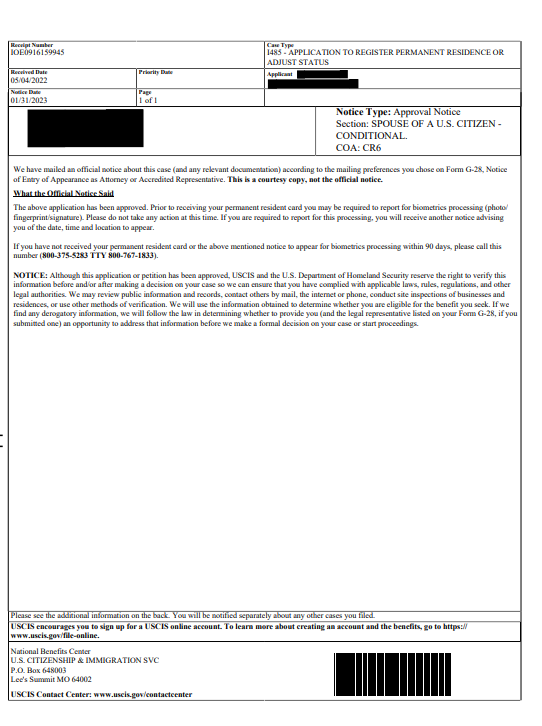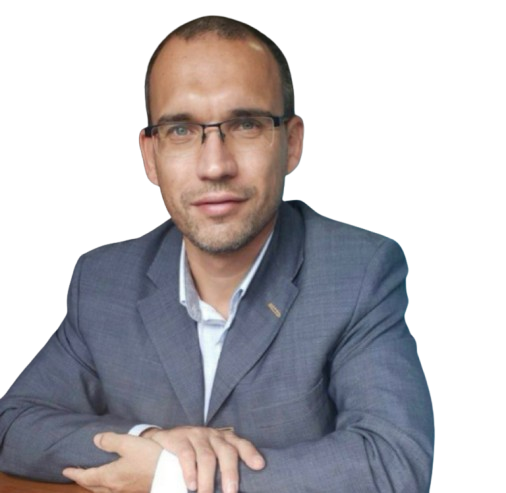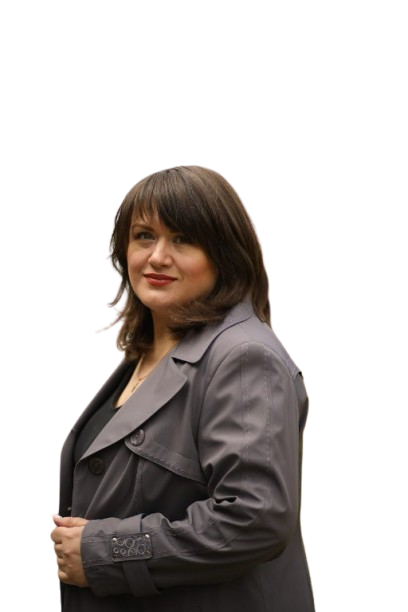With over 20 years of experience in Business and Commercial Law, I have advised global clients across sectors, from consulting for major firms like Booz Allen Hamilton to defending intellectual property for brands such as Procter & Gamble. My international legal practice includes extensive collaboration with organizations like the EBRD, EU, World Bank, and IFC, providing strategic legal insight in complex, high-stakes environments.
This case turned out to be one of the most extraordinary in my practice, as it combined several complex legal and personal aspects at once: an asylum application based on sexual orientation, marriage to a U.S. citizen, and the risk of deportation due to suspected immigration fraud. My client is a citizen of a post-Soviet country where members of the LGBTQ+ community face discrimination, threats, and violence. It was for this reason that he turned to the U.S. immigration service with an asylum application based on persecution due to homosexuality.
Case Start: Asylum Application
After arriving in the U.S., the client submitted an asylum application in which he clearly stated that he was gay, and that returning to his home country would be dangerous due to his sexual orientation. He gathered a package of evidence: testimonies from friends, threatening letters, and social media posts that confirmed his LGBTQ+ identity and the threat to his safety if deported. His case remained in limbo for a long time — the court hearing was scheduled years later.
Unexpected Turn: Marriage to a Woman
A year after filing the asylum claim, the client met a woman — a U.S. citizen. They developed a relationship that eventually turned into a serious commitment. The couple got legally married, and the client applied for a green card (U.S. permanent resident status) based on marriage to a U.S. citizen. However, this stage brought the most serious legal risks.
Suspicion of Immigration Fraud
USCIS (U.S. Citizenship and Immigration Services) received two mutually exclusive statements from the client: in the asylum case, he claimed to be gay, and in the green card application — that he was married to a woman.
This could have automatically raised suspicion that:
- either the asylum application was false,
- or the marriage was fraudulent, created solely for immigration purposes.
In such cases, immigration services often begin to consider the matter as potential immigration fraud, which may not only lead to denial of the green card but also to deportation and a multi-year reentry ban to the U.S.
Legal Strategy: Psychosexual Evaluation
After a deep analysis of the situation, I realized that the key to success would be proving that both claims — the asylum and the green card petition — were truthful. It was important to confirm that the client is bisexual, and therefore, his relationships with both men and women were genuine. We decided to obtain a professional statement from a licensed psychologist or psychotherapist who would conduct several sessions with the client and provide an official evaluation of his sexual orientation.
The psychological evaluation confirmed that my client is bisexual, with a documented history of relationships with men, but also capable of deep emotional and romantic connections with women. The statement also noted that his fear of returning to his home country was well-founded, regardless of his current marital status.
Additional Evidence of Marriage Authenticity
In addition to the psychologist’s report, we also compiled a package of evidence to support the authenticity of the marriage:
- joint bank accounts and financial records,
- photos from celebrations and trips,
- witness statements from friends and relatives,
- lease agreements and proof of cohabitation,
- letters of support from the couple’s friends.
Outcome: Green Card Approved
After submitting the complete documentation and attending the USCIS interview, the case — which could have ended in deportation — resulted in approval of the green card. The USCIS officer accepted the client’s explanations as credible and recognized the marriage as genuine.
As a result, the client:
- retained the right to remain in the U.S.;
- avoided accusations of fraud;
- obtained permanent resident status;
- opened the path to U.S. citizenship in the future.
This case clearly demonstrates the importance of a comprehensive legal strategy and a deep understanding of human nature in the field of immigration law. Even unconventional circumstances, which at first glance may seem contradictory or suspicious, can be successfully resolved through well-prepared evidence and professional legal representation. Bisexuality is not a fiction, but a reality — and sometimes, it needs to be proven just like any other part of one’s identity. And that was the key to success in my client’s case.
































